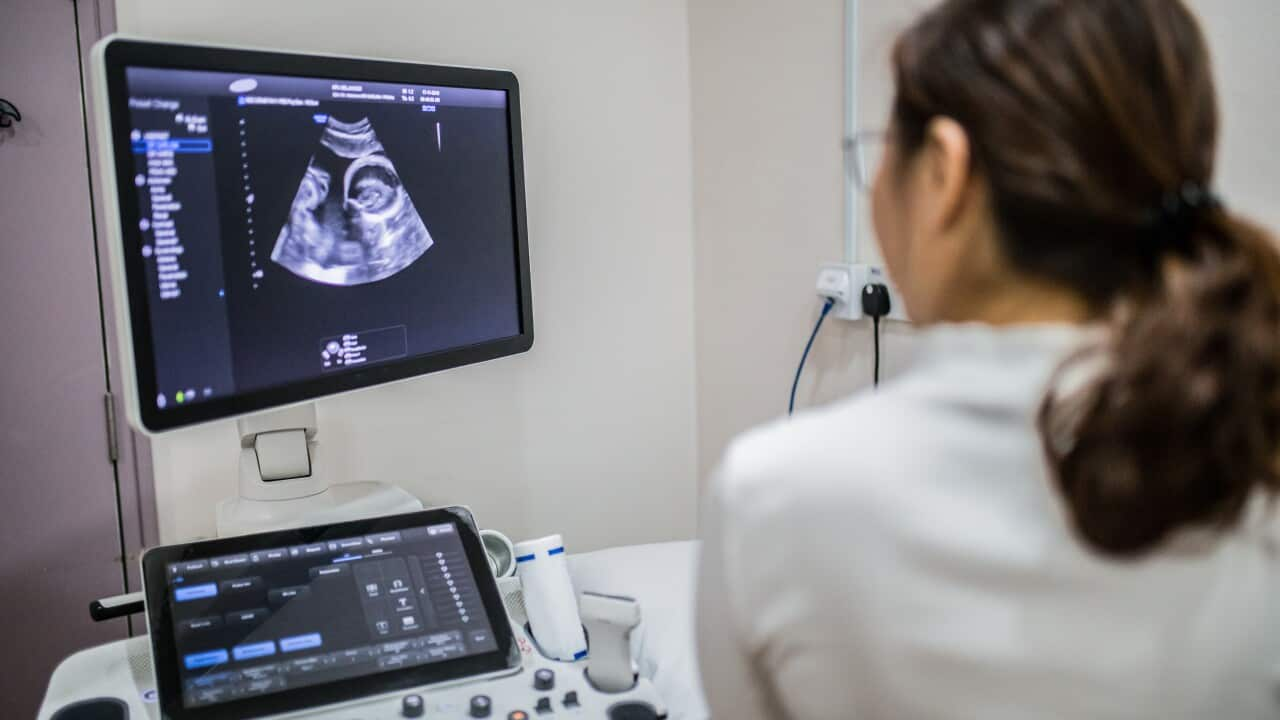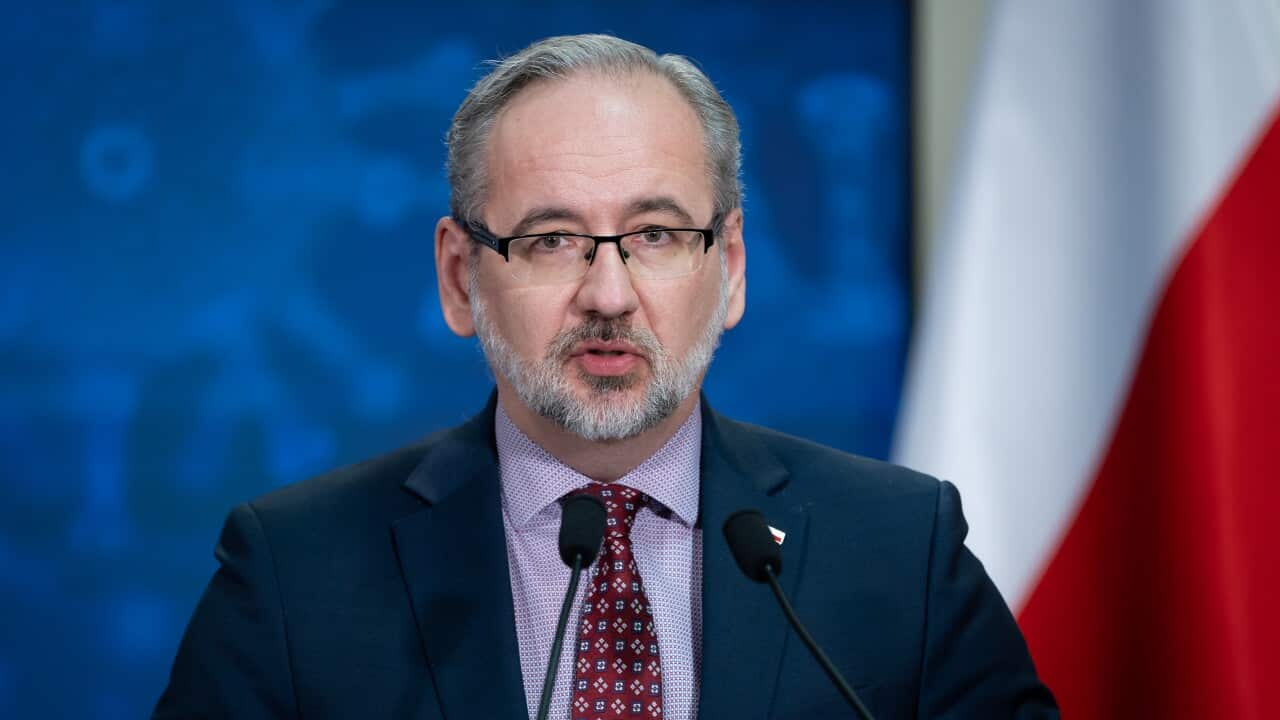Key Points
- Abortion has been decriminalised in Western Australia.
- The move is part of sweeping reforms passed by the state parliament.
- The new laws also allow health practitioners to conscientiously object and refuse to provide treatment.
Abortion has been removed from Western Australia's criminal code and access will be easier for women, in sweeping reforms passed by the state parliament.
The amended laws to address inequity bring WA into line with other jurisdictions and remove unnecessary clinical barriers, Premier Roger Cook says.
"It is clear that the community and Western Australian women want these reforms," he said.
"My government's contemporary reforms will ensure that our state has modern laws that reflect the society we live in."
Under the changes:
- The number of health practitioners required to be involved in most abortion care has been reduced from two to one.
- The requirement for mandatory counselling and ministerial and panel approval for later-term abortions has been abolished.
- Health practitioners can conscientiously object and refuse to provide treatment, but they must transfer the patient to another service provider or give them information on where to access it.
The gestational time at which additional requirements apply has also been amended from 20 to 23 weeks, to best reflect current clinical practice.
Abortion is also no longer a crime, but it will still remain an offence for an unqualified person to perform or assist with the procedure.
Adrianne Walters, acting legal director of the Human Rights Law Centre, welcomed the passing of the new abortion laws.
“Abortion is healthcare and access to abortion is a human right. Now that right is better protected in Western Australia," Walters said in a statement on Thursday.
“This moment is also a historic win for reproductive rights nationally – abortion by doctors is now decriminalised across all Australian states and territories. This landmark achievement is a testament to the tireless determination of generations of women, community advocates and dedicated health professionals across the country."
Women's Interests Minister Sue Ellery said the changes mean abortion will now be treated like other forms of medical care.
"The laws are about removing barriers to access, particularly for women who live outside the metropolitan centre or outside regional centres," she said.
Ellery said making the decision to undertake a late-term abortion was tough.
"It's an awful time ... These are complicated cases, complicated medical cases and deeply, deeply distressing for the women who at that point had carried a baby with the expectation that that baby was going to go full term," she said.
"Making sure that they can access those services here in WA as opposed to having to fly to interstate, which we know many of them were doing, this is about putting the patient at the centre."
Accredited abortion provider MSI Australia said the amendments would help improve sexual and reproductive healthcare in the state.
"These legislative reforms make it clear that reproductive choice, and access to abortion care, should be just as accessible and affordable to Western Australians as any other form of healthcare," managing director Greg Johnson said.
"By extending the gestational limit and dismantling unnecessary administrative hurdles, WA has taken a significant step forward in ensuring timely access to abortion care."











